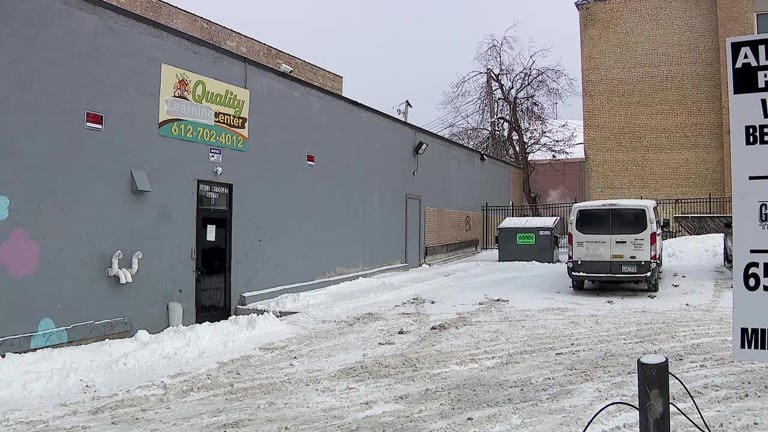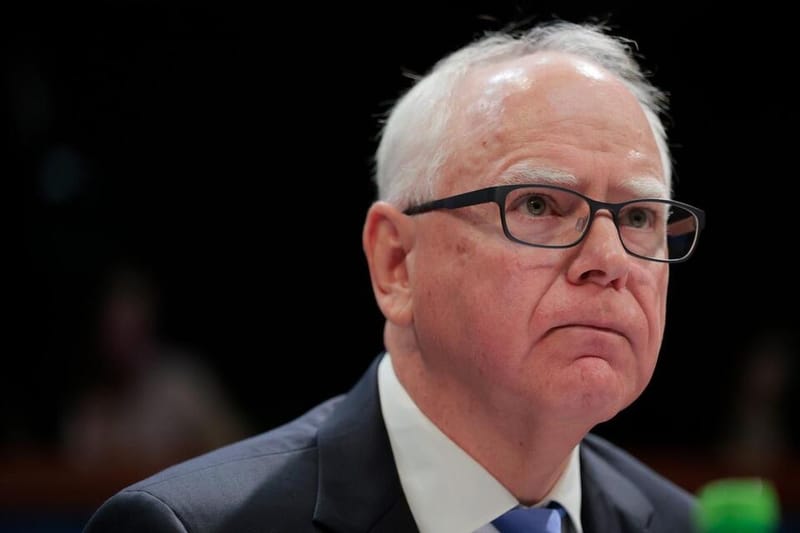Corporation for Public Broadcasting to Cease Operations After Federal Funding Cuts
NPR, PBS, and Local Stations Face Uncertain Future as CPB Announces Shutdown by September 2025 Washington, D.C.- The Corporation for Public Broadcasting (CPB), the cornerstone of federal funding for public media in the United States, announced on Friday that it will shut down its operations by September 30,
NPR, PBS, and Local Stations Face Uncertain Future as CPB Announces Shutdown by September 2025
Washington, D.C.- The Corporation for Public Broadcasting (CPB), the cornerstone of federal funding for public media in the United States, announced on Friday that it will shut down its operations by September 30, 2025, following the elimination of its federal funding. The decision marks the end of nearly six decades of support for NPR, PBS, and over 1,500 local radio and television stations nationwide, leaving the future of public media in question.
The closure comes after a Republican-led Congress voted last month to strip $1.1 billion in funding from the CPB over the next two years, as part of a broader $9 billion rescissions package signed into law by President Donald Trump. The move, which also included cuts to foreign aid, fulfilled a long-standing goal of some conservatives who have criticized public media for perceived liberal bias. Trump, who has repeatedly called the CPB a “monstrosity,” celebrated the defunding, stating on Truth Social that it was a “big” victory for Republicans who have sought to eliminate the organization’s funding for decades.
The Corporation for Public Broadcasting—the scheme bureaucrats used to funnel taxpayer money to NPR and PBS—will soon be no more.
— John Kennedy (@SenJohnKennedy) August 1, 2025
That’s great news for every American who doesn’t want their tax dollars funding left-wing opinion journalism EVER again. pic.twitter.com/oBS29aK7SV
“For nearly 60 years, CPB has carried out its Congressional mission to build and sustain a trusted public media system that informs, educates, and serves communities across the country,” said CPB President and CEO Patricia Harrison in a statement. “Despite the extraordinary efforts of millions of Americans who called, wrote, and petitioned Congress to preserve federal funding, we now face the difficult reality of closing our operations.”
The CPB, established under the Public Broadcasting Act of 1967, has been instrumental in supporting iconic programs such as Sesame Street, PBS NewsHour, Mister Rogers’ Neighborhood, and NPR’s Morning Edition and All Things Considered. It has also provided critical funding for local stations, particularly in rural areas, where public media often serves as a primary source of local journalism, educational content, and emergency alerts. Approximately 70% of CPB’s annual $500 million budget has gone directly to these stations, which rely on federal grants for a significant portion of their operating budgets
The announcement sent shockwaves through the public media system. “I didn’t really see a day where this separate institution, which is set up to serve the public, would be shut down,” said Tim Bruno, general manager of Radio Catskill, an NPR affiliate in upstate New York. Many station managers, particularly those in small communities, expressed concern that the loss of CPB funding could force them to reduce staff, cut programming, or shut down entirely. In Southern California, stations like LAist/KPCC-FM and KCRW are already bracing for budget shortfalls, with LAist expecting to lose $1.7 million, equivalent to funding for 13 newsroom positions.
While national organizations like NPR and PBS receive only a small portion of their budgets directly from CPB, their member stations depend heavily on these grants. PBS stations, on average, derive about 15% of their revenue from federal funds, and some NPR affiliates rely on CPB for a substantial share of their operating costs. In response to the cuts, stations have launched fundraising campaigns, with an estimated 120,000 new donors contributing $20 million in recent months, according to the Contributor Development Partnership. However, station leaders warn that private donations and state support may not fully replace the lost federal funding.
The CPB plans an “orderly wind-down,” with most staff positions eliminated by the end of the fiscal year on September 30, 2025. A small transition team will remain through January 2026 to manage compliance, final distributions, and obligations such as music rights and royalties. The closure follows other recent challenges for the CPB, including Trump’s attempt in April to fire three of its board members, a move that prompted a lawsuit alleging governmental overreach. The case was dropped on Friday.
BREAKING: The Corporation for Public Broadcasting, which funds NPR and PBS, says it will close down after federal cuts. https://t.co/oECVS5nbDT
— CBS News (@CBSNews) August 1, 2025
Critics of the defunding, including NPR CEO Katherine Maher and PBS CEO Paula Kerger, argue that the loss of CPB will have a profound impact on the cultural and journalistic landscape, particularly in “news deserts” where public media fills gaps left by declining local newspapers. “Some 96% of all classical music broadcast in the United States is on public radio stations,” Maher noted, highlighting the broader cultural implications. Documentary filmmaker Ken Burns called the cuts “shortsighted,” vowing that public media would find ways to continue.
As the CPB prepares to close, stations are exploring alternative funding models, but the path forward remains uncertain. “Public media has been one of the most trusted institutions in American life, providing educational opportunity, emergency alerts, civil discourse, and cultural connection,” Harrison said. “We are deeply grateful to our partners across the system for their resilience and dedication.”
The shutdown of the CPB represents a seismic shift for public broadcasting in the United States, with ripple effects likely to be felt for years to come.




